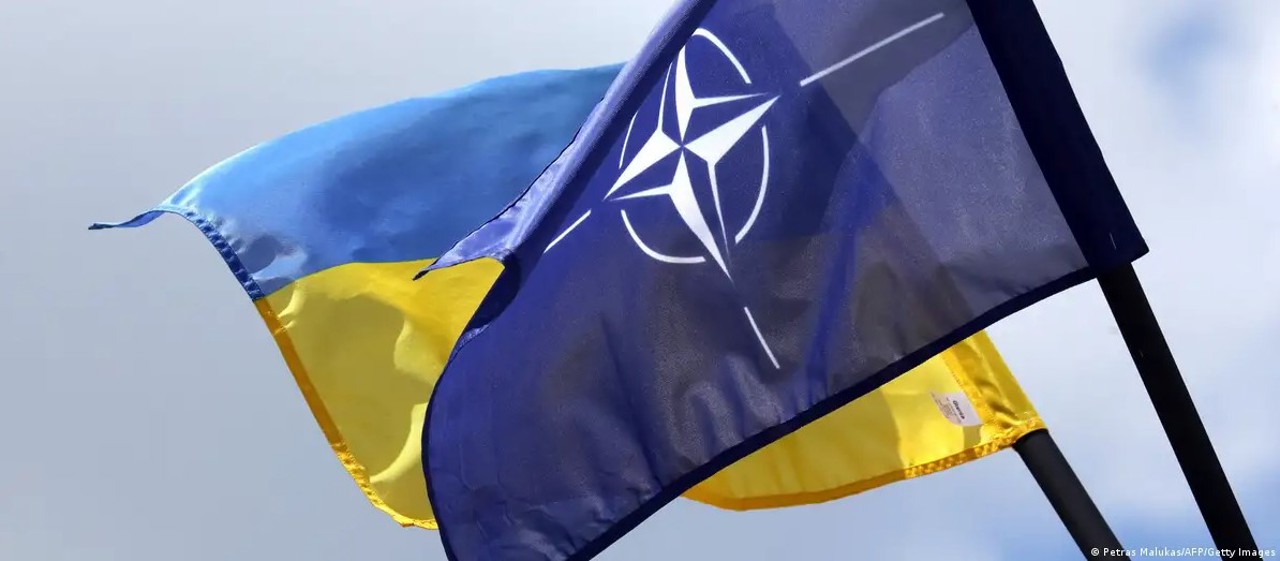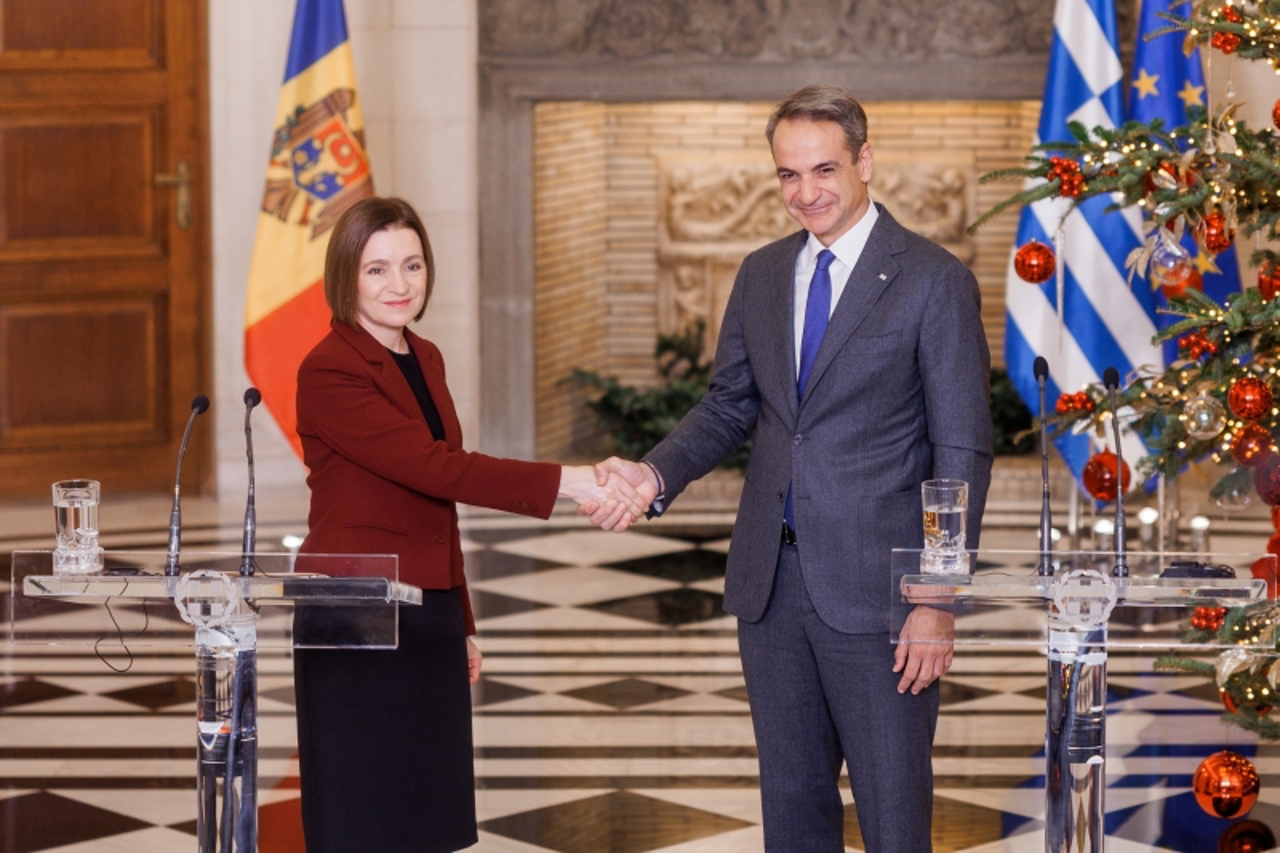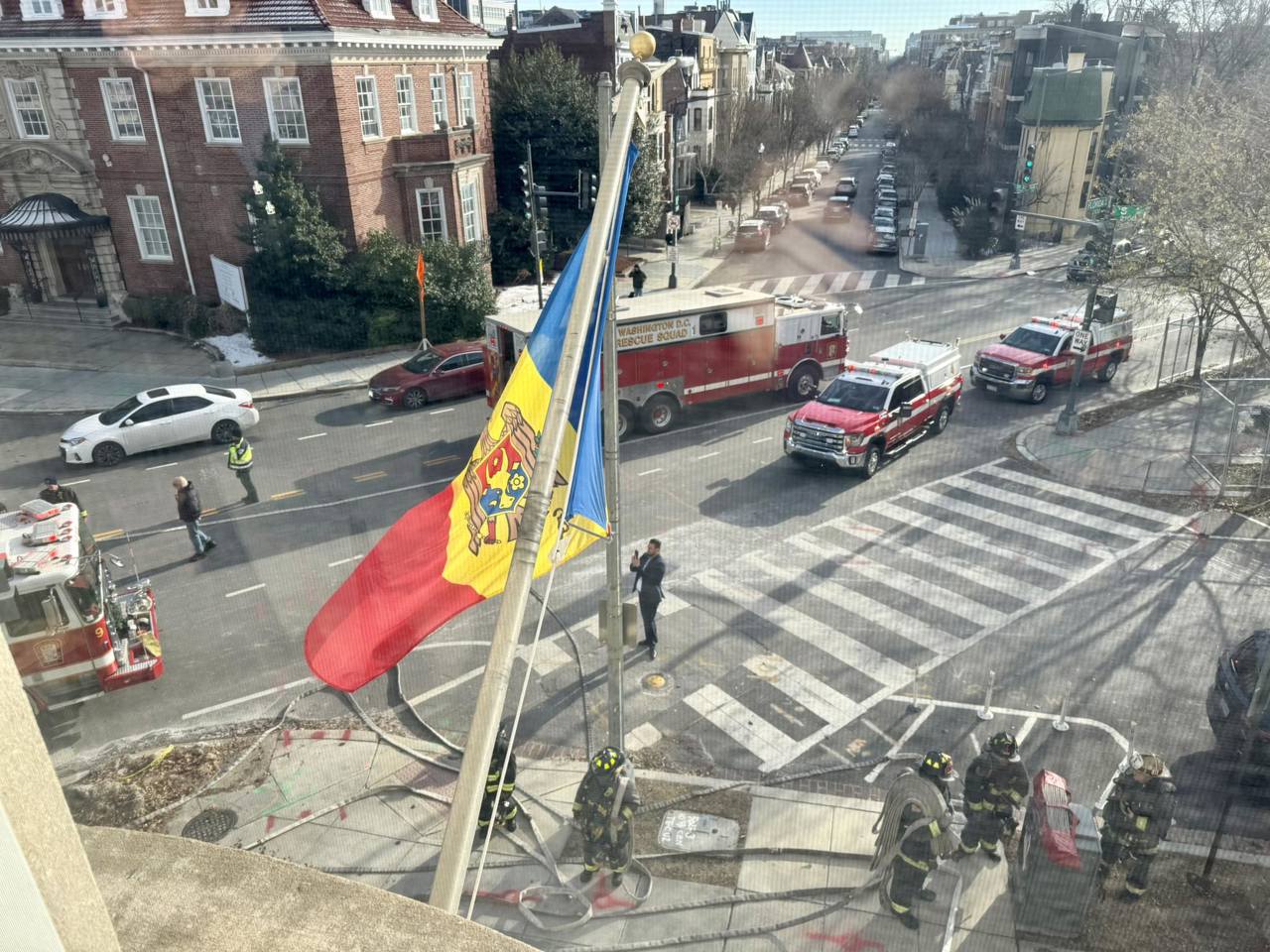NATO members agree 40 billion euro financial pledge for Ukraine
NATO allies have agreed to fund military aid for Ukraine with 40 billion euros ($43 billion) next year, two Western European diplomats told Reuters on Wednesday, a week before the alliance’s leaders are set to meet in Washington, Reuters reports.

NATO Secretary-General Jens Stoltenberg had asked allies to make a multi-year commitment to keep military aid for Kyiv at the same level as that since Russia’s full-scale invasion of Ukraine in 2022, adding up to about 40 billion euros a year.
While the member states did not back Stoltenberg’s original request for such a multi-year pledge, the pact includes a provision to re-evaluate allied contributions at future NATO summits, according to a diplomat.
Allies also decided to have two reports over the next year to establish which country supplies what to Ukraine, the diplomat said, to meet demands for more transparency over the burden sharing in the alliance.
Member states “will aim to meet this pledge through proportionate contributions”, the agreement said.
The financial pledge is part of a broader Ukraine package that NATO leaders will agree when they gather for the Washington summit from July 9 to 11.
In June, allies decided that NATO would assume a greater role in co-ordinating arms supplies to Ukraine, taking over from the United States in a bid to safeguard the process as NATO-sceptic Donald Trump seeks a second term as U.S. president.
After Russia’s invasion in 2022, the United States gathered like-minded nations at the Ramstein air base in Germany, forming a group of nations that now numbers about 50, which meets regularly to match Kyiv’s arms requests with pledges of donors.
This so-called Ramstein group will continue to exist as a U.S.-led political forum but NATO will take over the military working level below that co-ordinates arms deliveries and training for Ukrainian troops.
The move is widely seen as a way to provide a degree of “Trump-proofing” by putting co-ordination under a NATO umbrella, giving the alliance a more direct role in the war against Russia, while stopping well short of committing its own forces.




